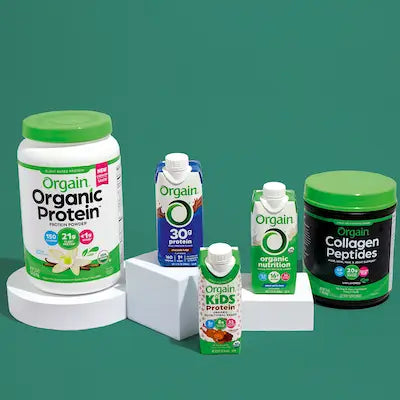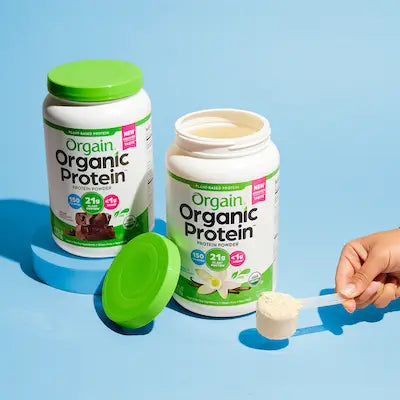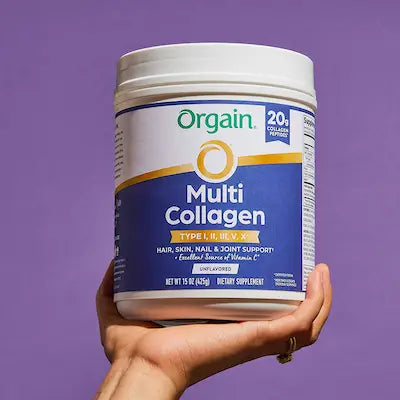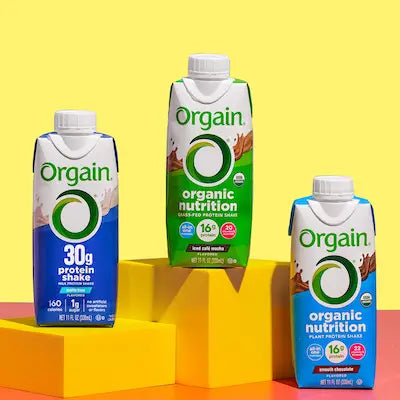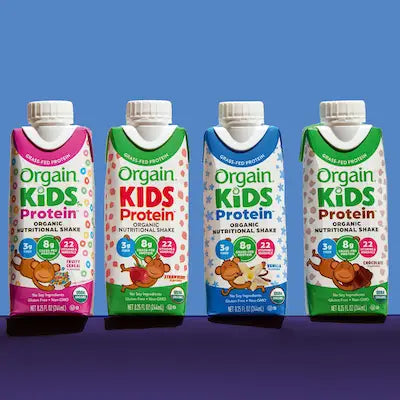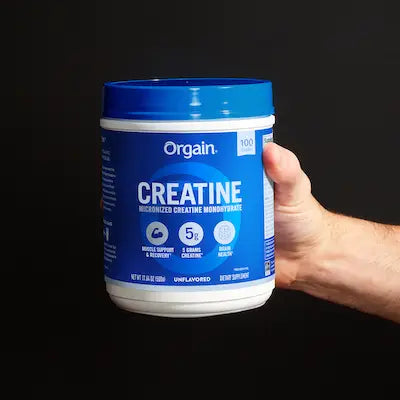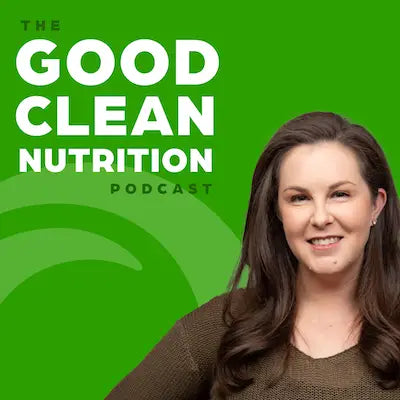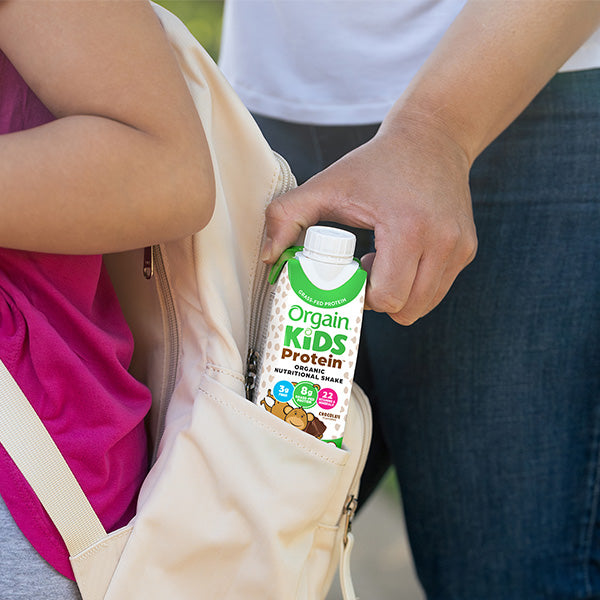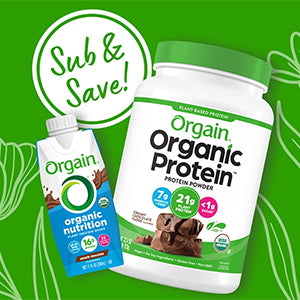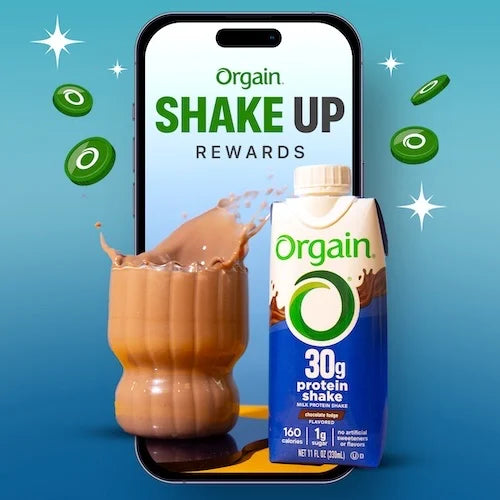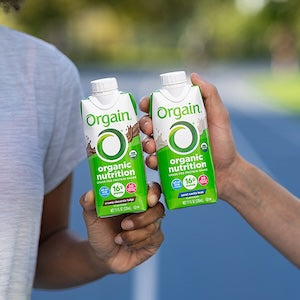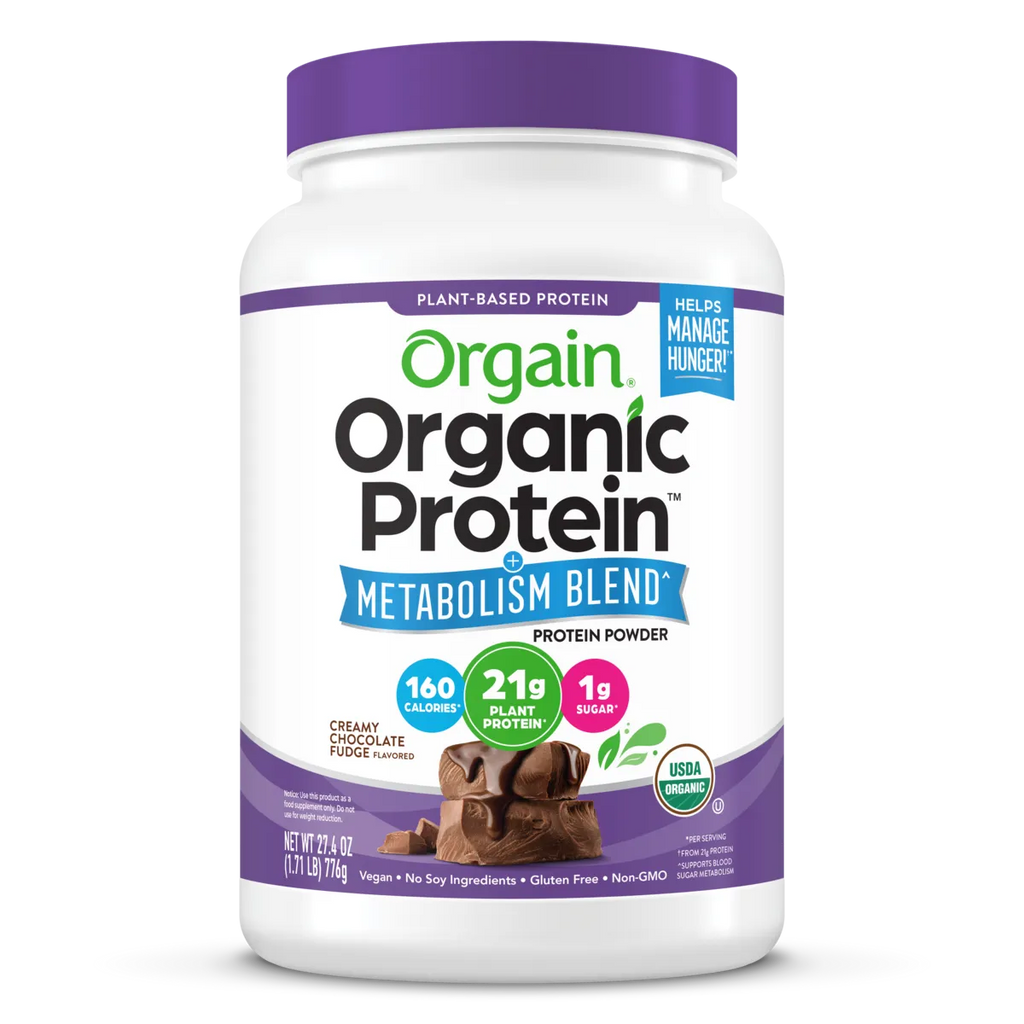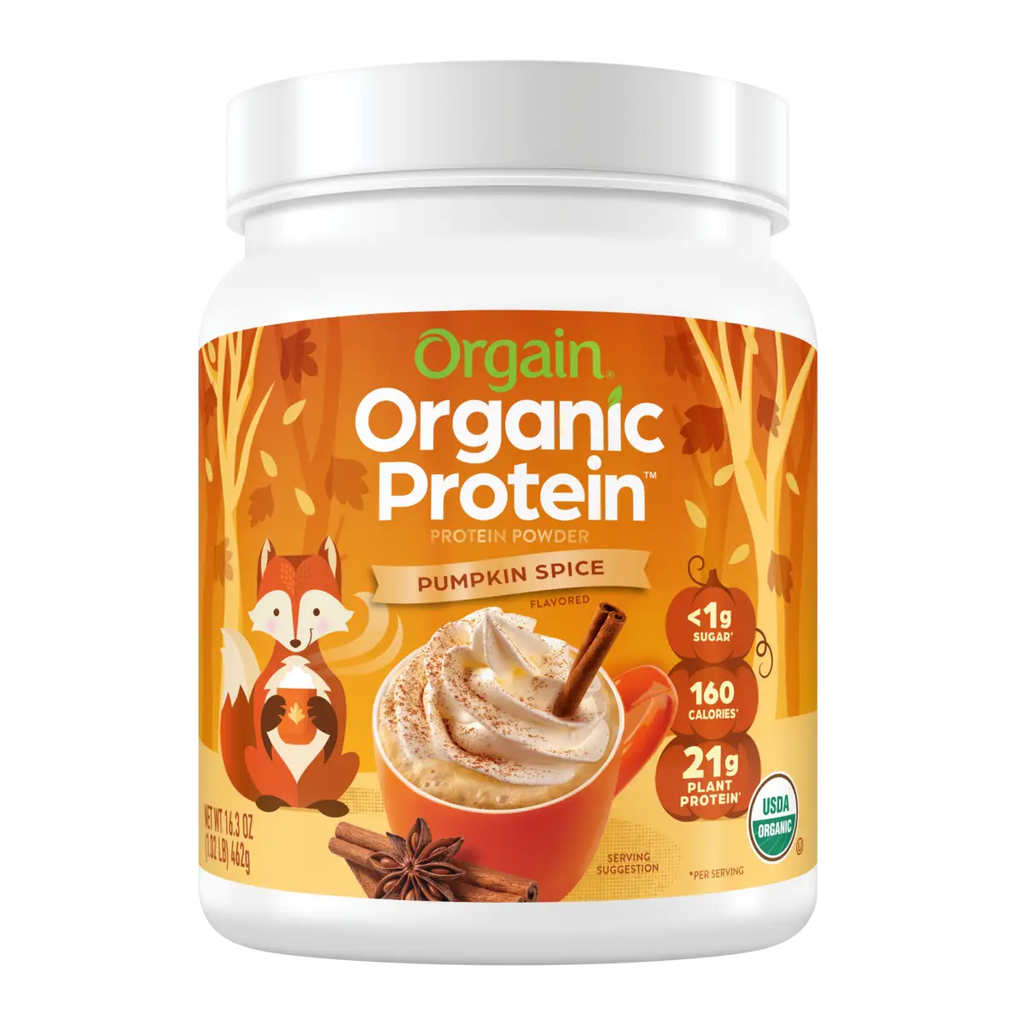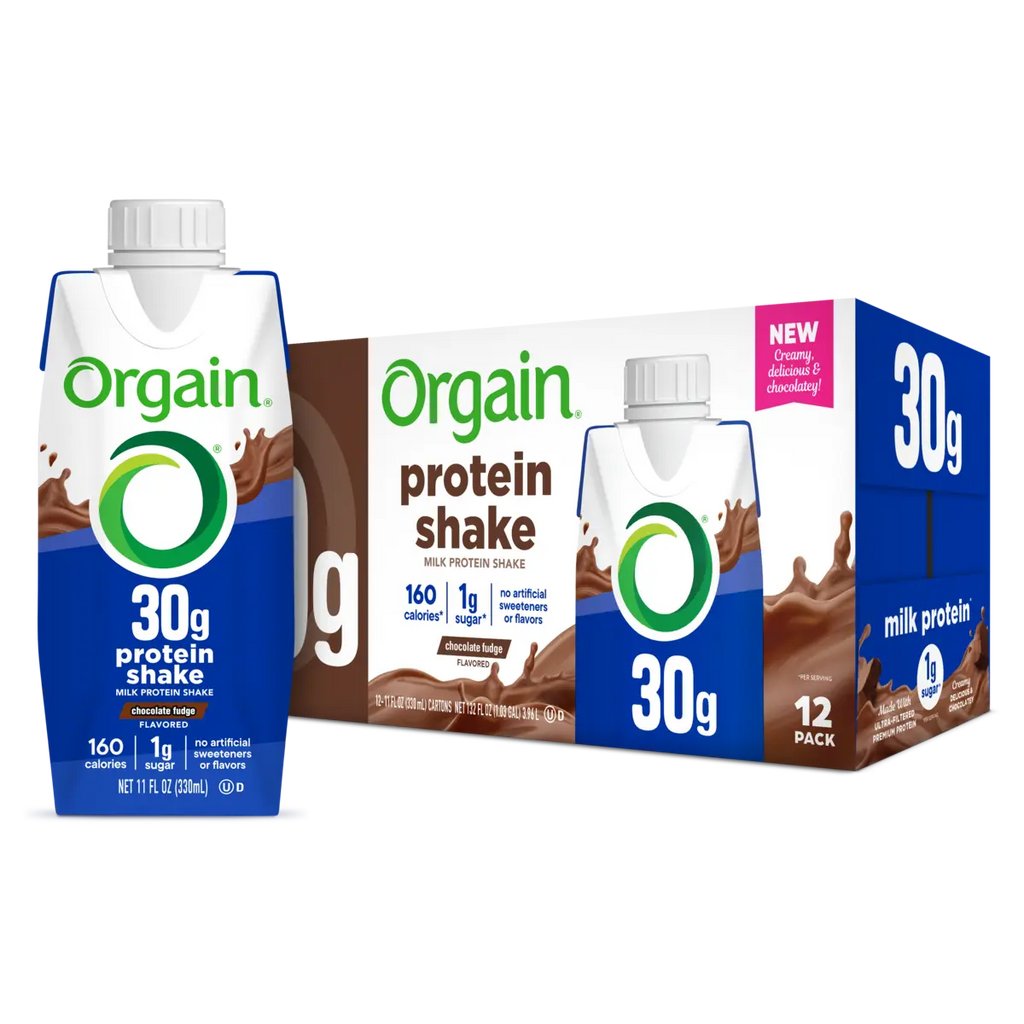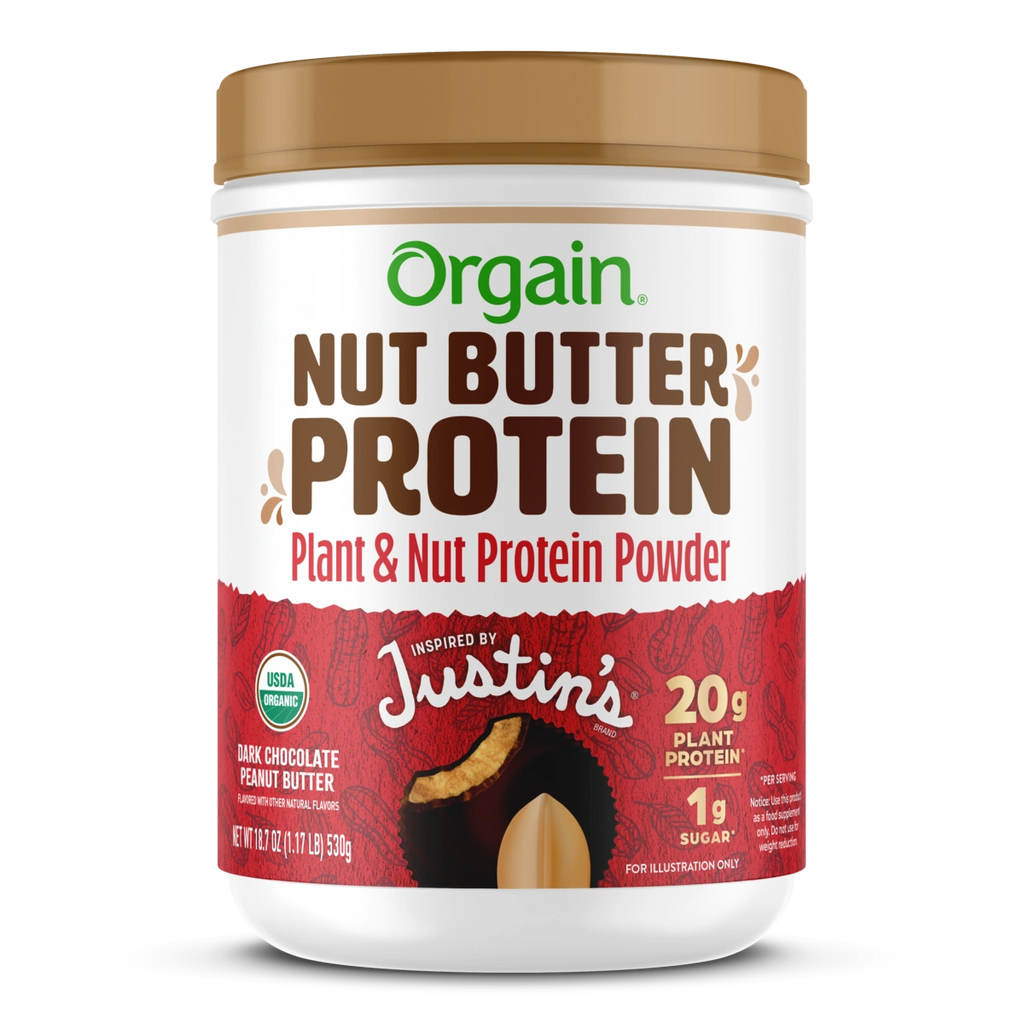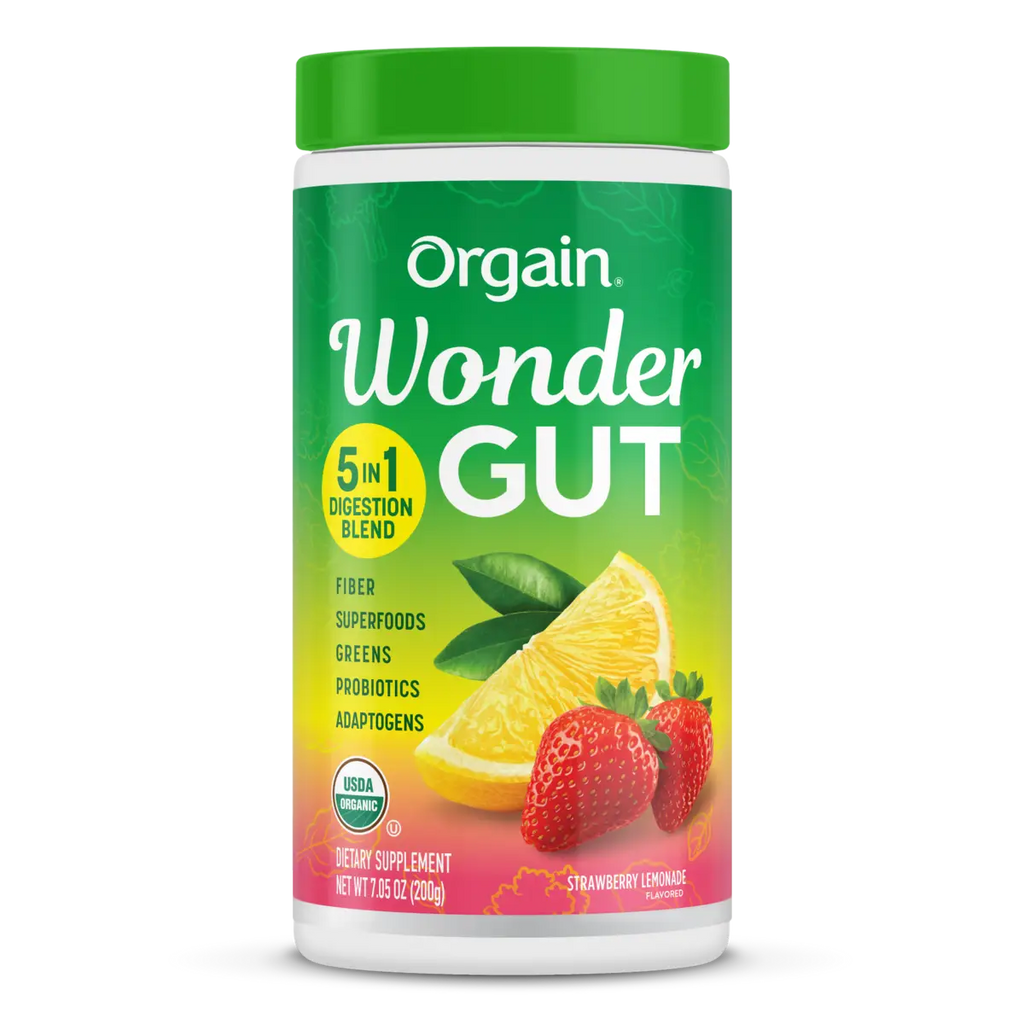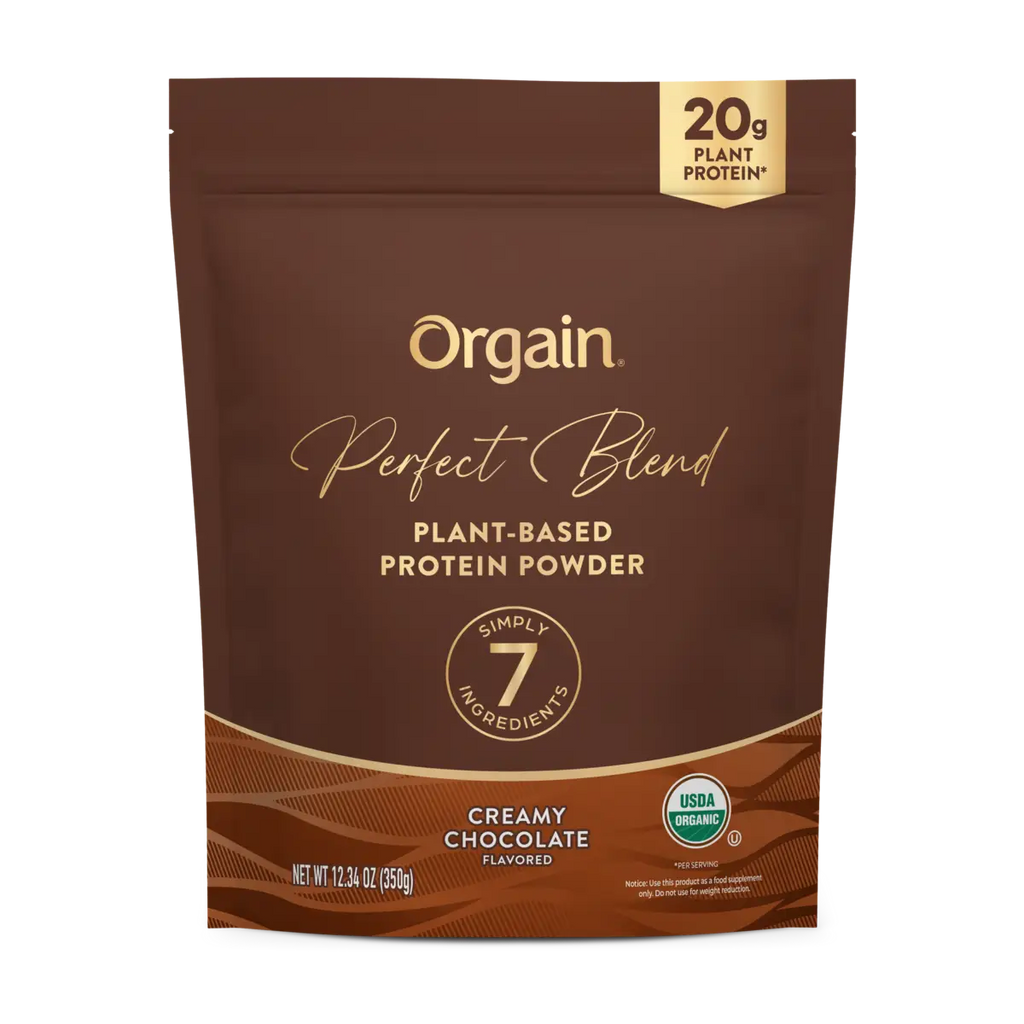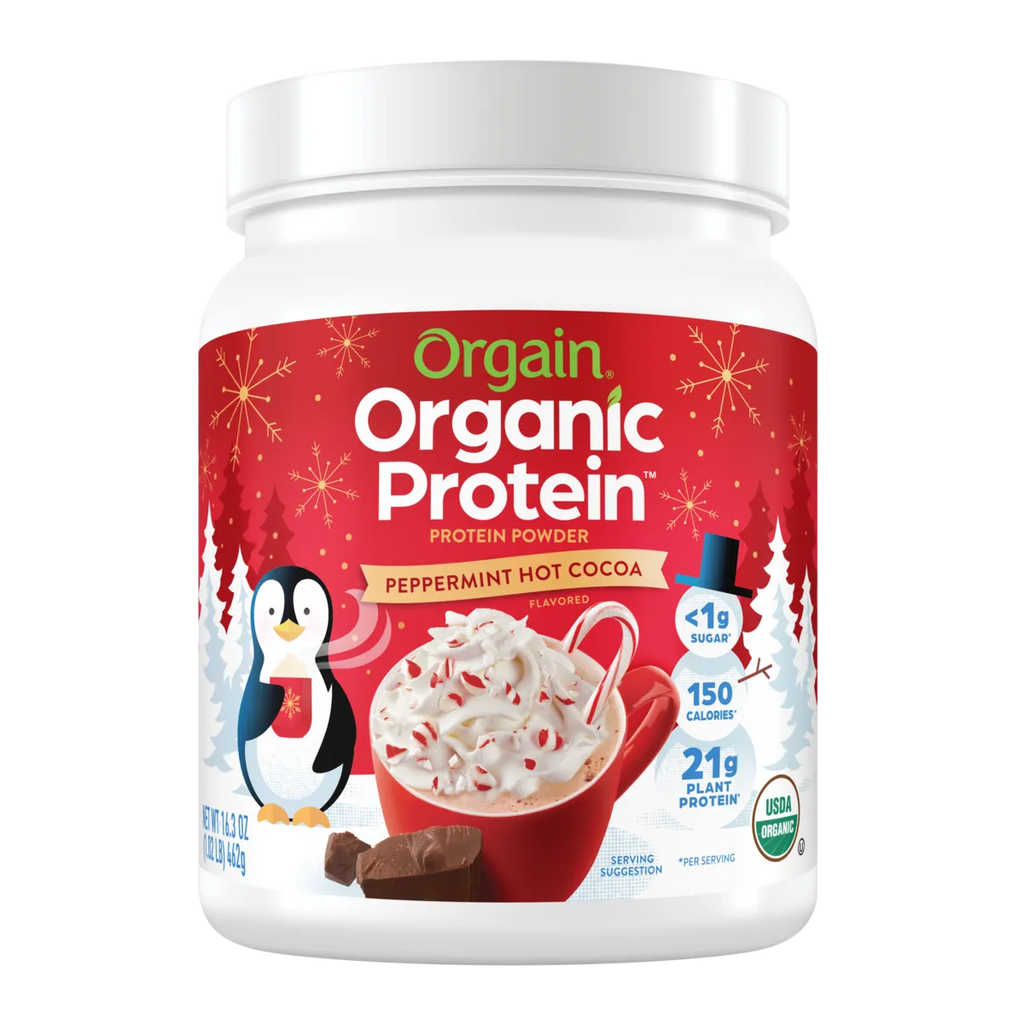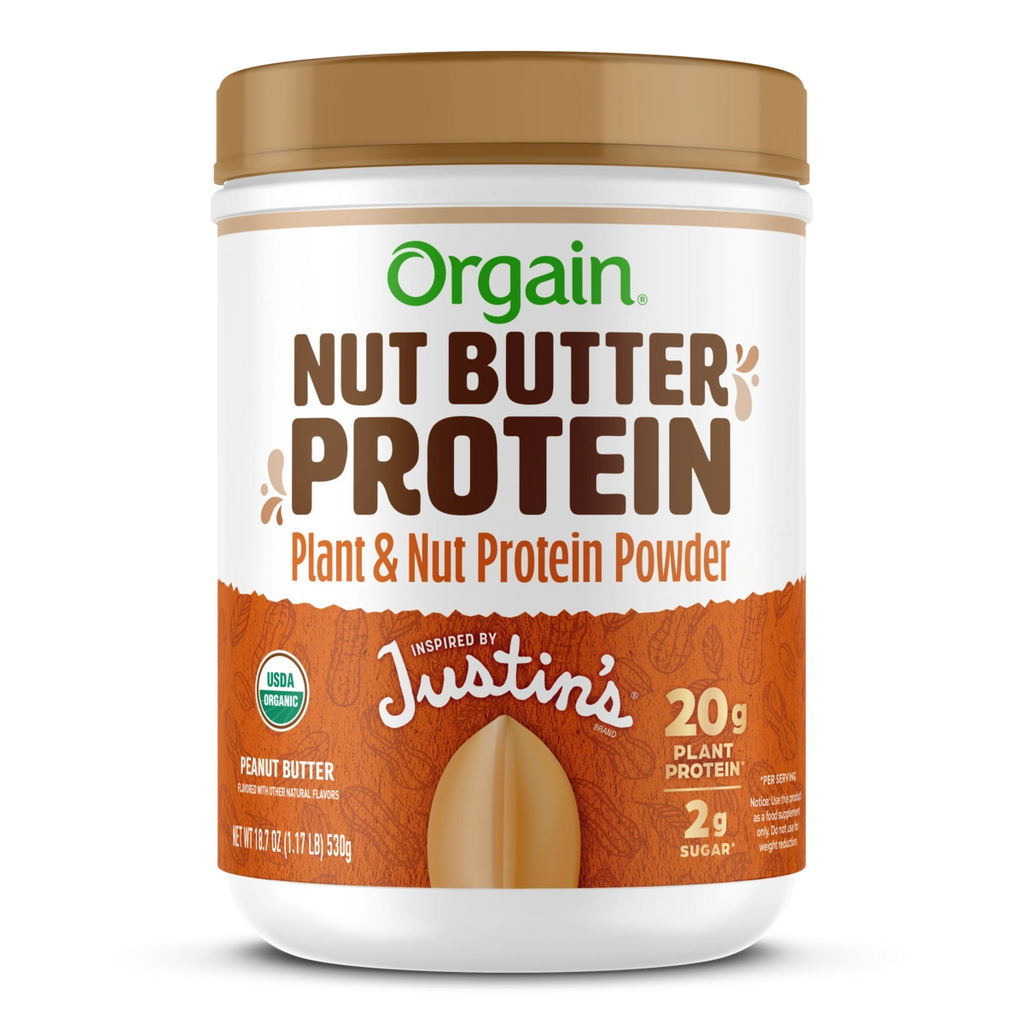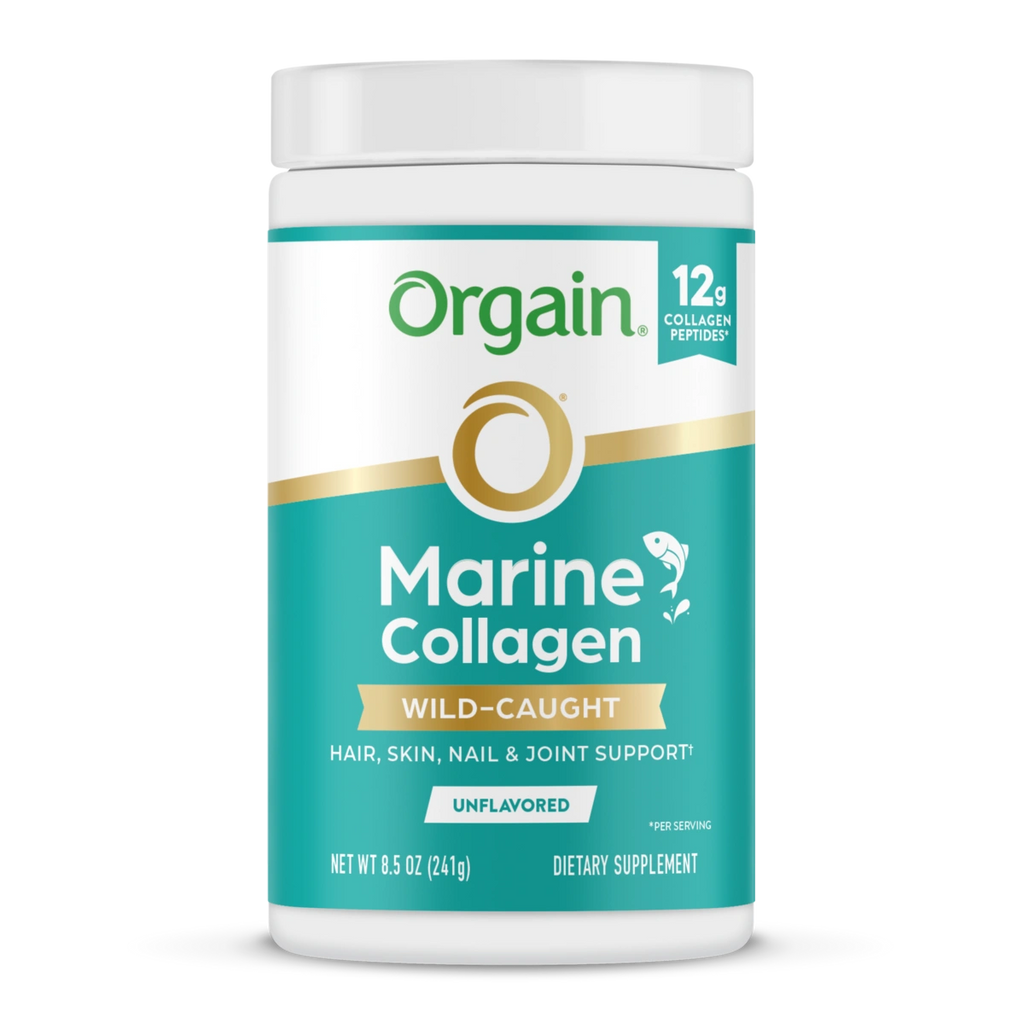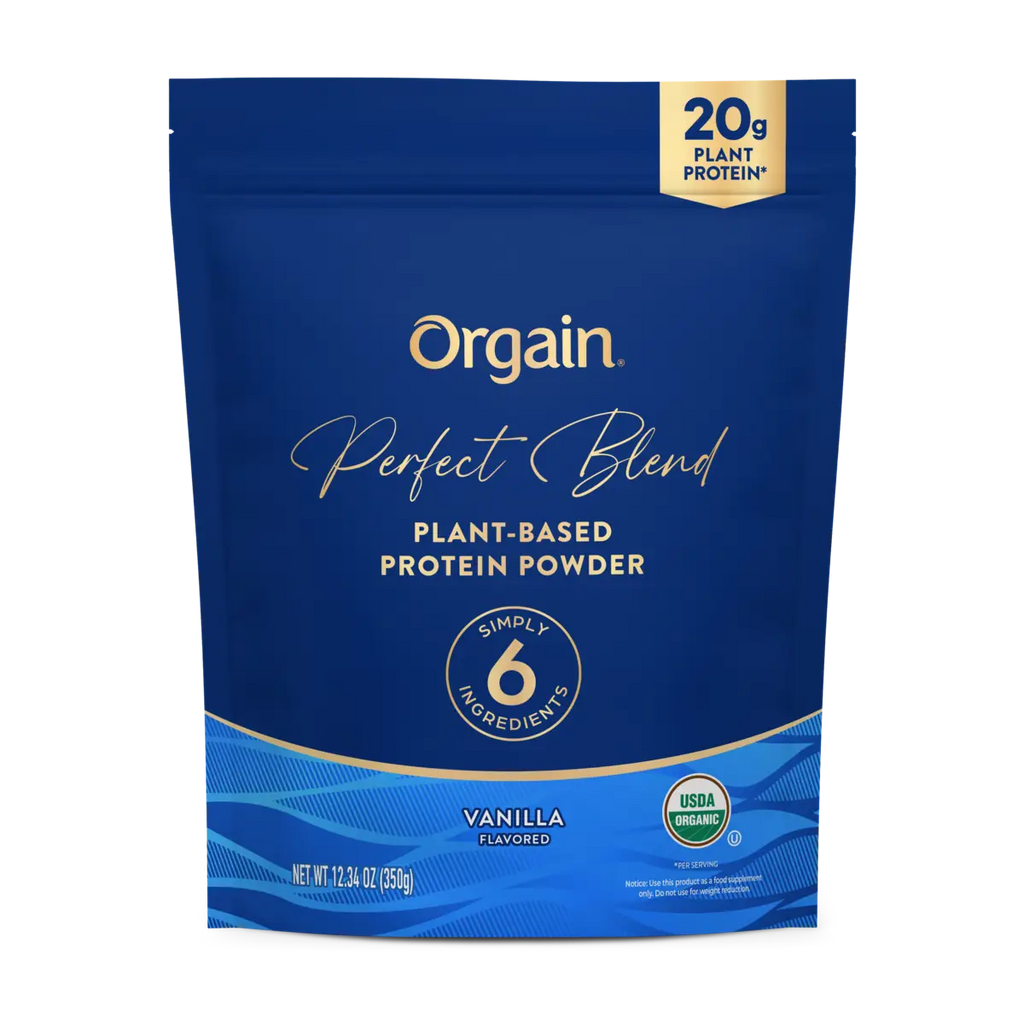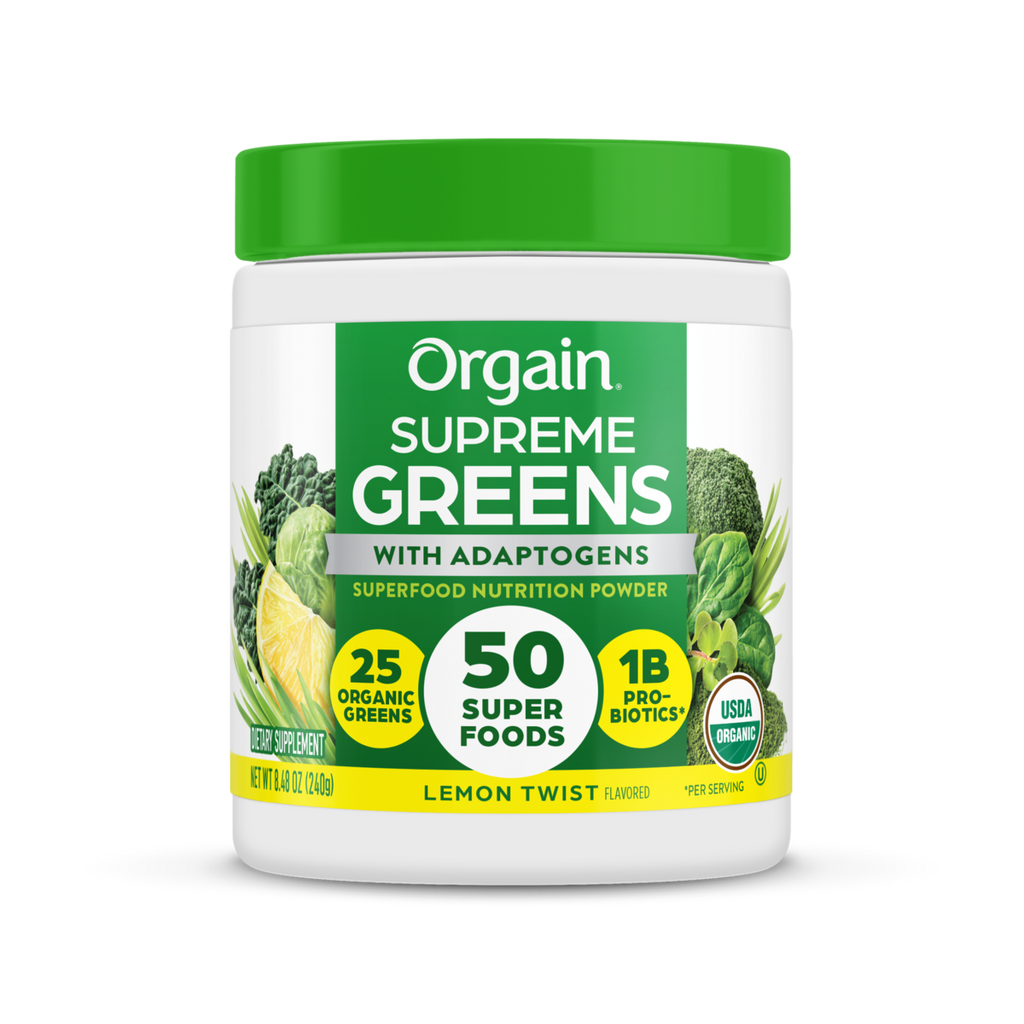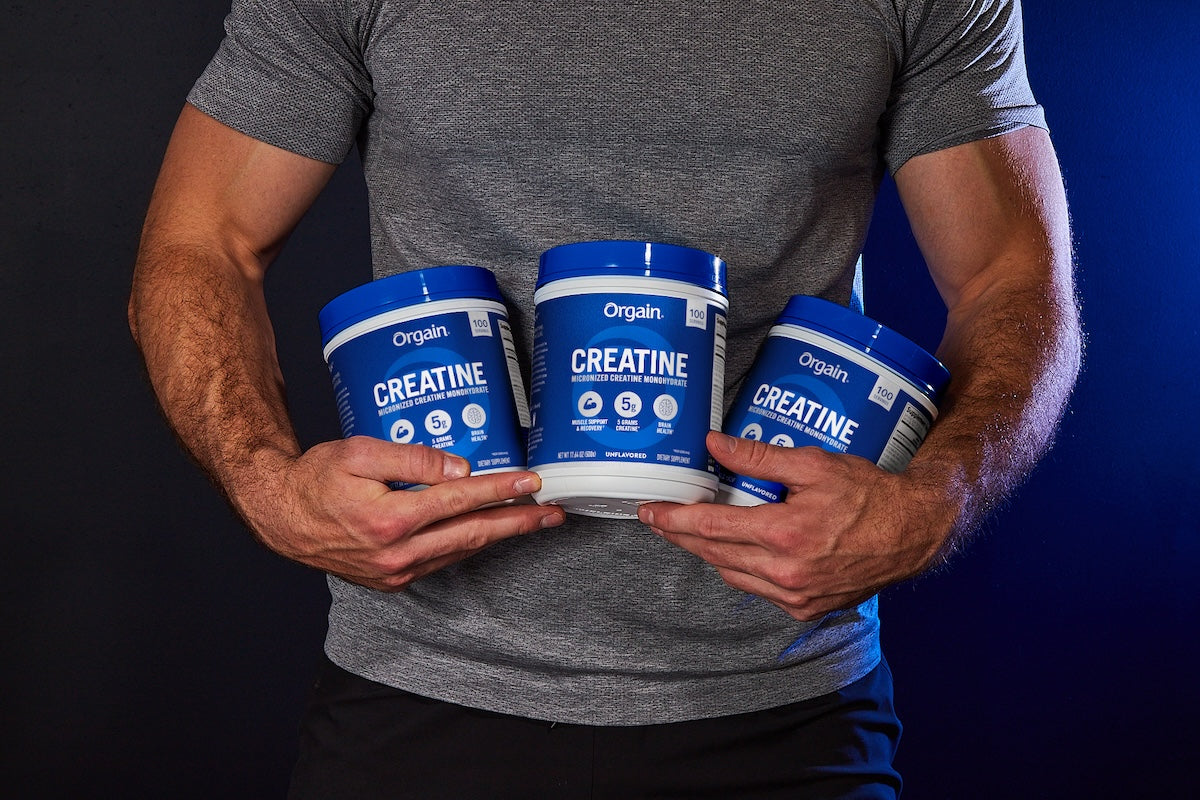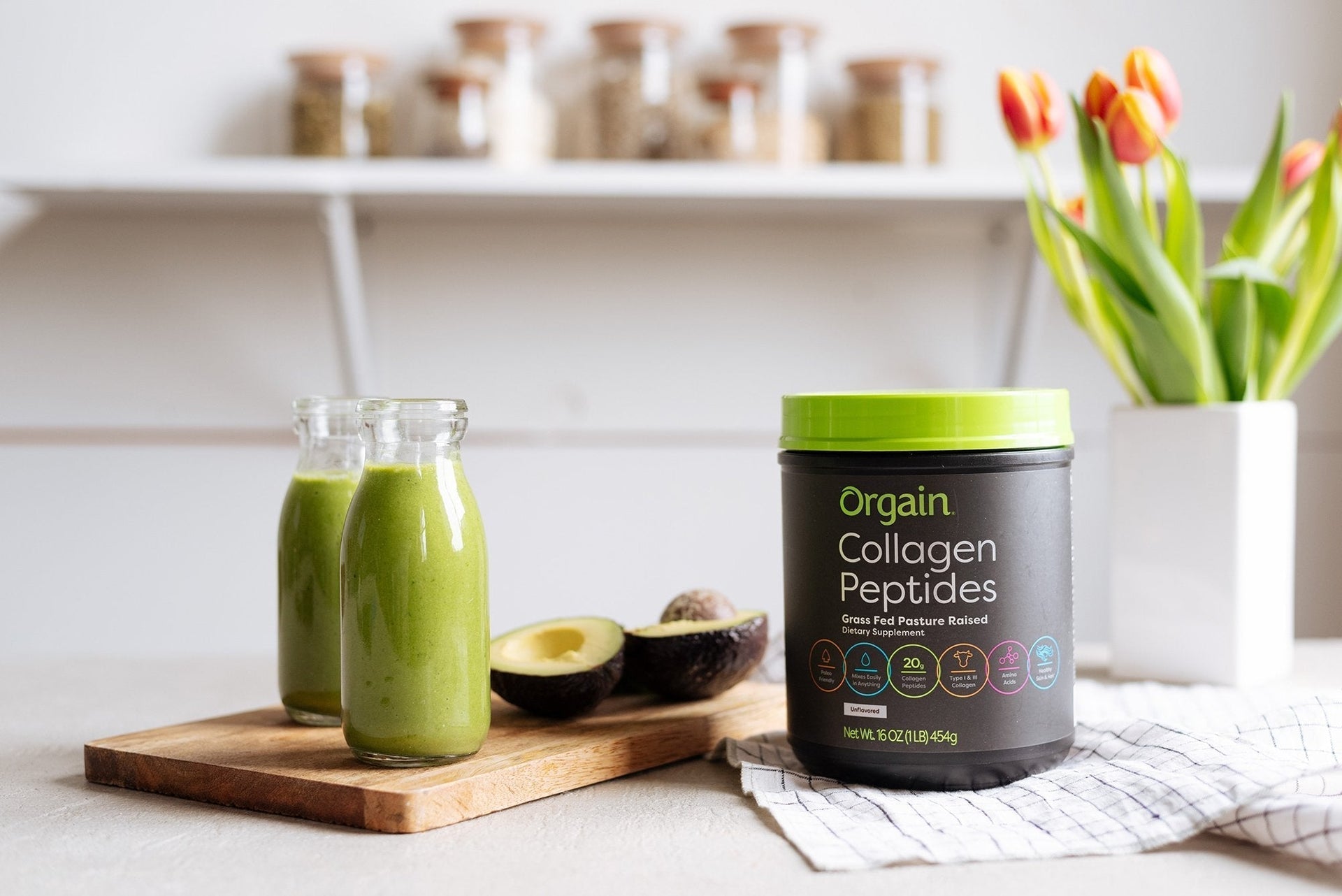Protein requirements vary from person to person based on age, gender, and activity levels. Our protein needs change throughout our lifetimes, but protein plays a major role in keeping the body functioning properly no matter which stage of life you’re in.
We’ve laid out the protein requirements by age in order to help you make sure you’re getting enough.
What Do Our Bodies Use Protein For?
Protein is most commonly associated with building and repairing muscles, which is why many protein supplements and protein powders are geared toward athletes and regular gym goers.
In reality, protein plays a role in many different processes in the body and performs a number of different tasks, including:
-
Building and repairing muscle
Protein is considered the building block of muscle and it is what gives your muscles their size and shape. When you’re losing weight, eating enough protein prevents you from losing muscle. People looking to gain muscle need to consume extra protein to ensure that their bodies receive enough.
-
Keeping the bones strong
Protein is critical for helping to protect bone density and reduce your risk of experiencing fractures as you age.
-
Providing an accessible energy source when your body runs out of fuel
Protein is the body’s last choice for an energy source -- it prefers to run on carbohydrates or fats -- but it is a usable source of energy that can help fuel your body when you’re running low on calories or have burned through your carbohydrate and fat stores.
-
Boosting your metabolism
Protein helps fuel the body’s metabolism, which determines how quickly you burn calories. People who eat more protein will burn more calories throughout the day, even when just at rest, which can help keep your weight down.
-
Supporting your immune system
Amino acids, the building blocks of proteins, are a major player in the immune system. The body uses the amino acids found in proteins to convert certain cells in the immune system, including T cells, B cells, and antibodies, into cells that can detect germs and viruses and kill them before they infect the body.
-
Supporting your body’s healing process
When you’re injured, your body uses protein to reduce swelling at the injury site and promote the healing of tissue and the growth of new tissue in the area. Therefore, people who do not consume enough protein may have difficulty recovering from injuries quickly.
-
Stopping cravings
Studies show that cravings originate in the brain, not the stomach. When you eat a diet that contains plenty of protein, your body can use that protein to help eliminate cravings by sending messages to the brain that the body has already received enough nutrients.
-
Keeping your heart healthy
Protein can be either plant-based or animal based, and protein sourced from plants has been found to help lower your blood pressure levels and decrease the levels of LDL, or “bad” cholesterol in the body. As a result, consuming plant-based protein sources can help support heart health.
-
Distributing nutrients throughout the body
The body uses protein to deliver important nutrients like vitamins, minerals, cholesterol, sugar, and oxygen to different tissues, organs, and parts of the body. Protein also stores certain nutrients, including iron, which provides a backup supply in case you run low.
Recommended Protein Requirements by Age Group
As we’ve already established, the body needs protein in order to carry out many important basic functions, but how much protein do you actually need?
Protein needs vary from person to person based on age, gender, and activity level, but the U.S. government has put together guidelines to help determine intake requirements. The Dietary Guidelines for Americans, authored by the U.S. Department of Agriculture (USDA) and U.S. Department of Health and Human Services, is released every five years and includes dietary recommendations for different age groups.
Currently, the guidelines are as follows:
|
Age Group |
Recommended Protein Intake |
|
Children under 4 |
13 grams of protein per day |
|
Children aged 4 to 8 |
19 grams of protein per day |
|
Children aged 9 to 13 |
34 grams |
|
Women and girls aged 14 and over |
46 grams |
|
Boys aged 14 to 18 |
52 grams |
|
Men aged 19 and over |
56 grams |
The requirements vary slightly by body weight, with the general recommendation being to consume about 0.36 grams of protein per pound of body weight; the average sedentary person should consume between 10 to 35 percent of their daily calories as protein.
The recommended daily allowance of protein, as described above, is considered sufficient to prevent a protein deficiency and meet the body’s basic needs if you are sedentary, but people who are older, those who exercise regularly, or those who are looking to lose weight or build muscle need more protein to support their health.
Endurance athletes or people with physically demanding jobs should consume approximately 0.37 to 0.45 grams of protein per pound of body weight per meal in order to provide the muscles with the fuel they need to grow and repair. It is recommended that older adults over the age of 65 consume about 0.45 to 0.6 grams of protein per pound of body weight.
How Do I Know If I’m Not Getting Enough Protein?
Keeping track of your protein intake can feel complicated and time consuming for some people, so in order to make sure you’re getting enough protein, keep your eyes peeled for signs of protein deficiency.
Mild protein deficiency can be evidenced by some symptoms that might feel mostly benign. It is common for the hair to begin feeling more brittle and the nails to become softer, and hair may lose some of its luster. People with mild protein deficiency are more prone to stress fractures because their bodies rely on protein to keep the bones healthy and strong. A mild protein deficiency can also be evidenced by weight loss that occurs as a result of losing muscle mass and a general feeling of weakness or sluggishness. Finally, because protein plays a role in the immune system, mild protein deficiency can cause people to catch colds or other illnesses more often.
When protein deficiency becomes severe, it is commonly called kwashiorkor. The condition most commonly affects children in developing countries who are experiencing famine or an imbalance diet, but it can happen to anyone. The symptoms of severe protein deficiency include:
- Edema
- Flaky or splitting skin, patches of redness and depigmentation
- Thinning hair and hair loss
- Brittle nails
- Increased risk of bone fractures
- Increased severity of infections
- Fatty liver and fatty liver disease
- Loss of muscle mass
- Stunted growth in children
- Greater appetite and calorie intake
Where Should I Be Getting My Protein From?
Clearly, a diet with a sufficient amount of protein is important for your overall health and wellbeing, but are some protein sources better than others?
While getting any protein is better than none, some sources of protein are certainly considered more healthy.
However, the most important thing is to maintain a well-balanced diet that balances protein with vitamins and minerals that come from whole foods like fruits, vegetables, whole grains, and lean protein sources.
Meats and Dairy
Meat and dairy products have the highest concentration of protein of any food, which means you can eat a lot of protein with a relatively small amount of food.
Grass-fed lean meats, wild fish, pasture-raised poultry, and grass-fed and organic dairy products are the healthiest options for consuming animal-based proteins and will limit your risk of adding unnecessary saturated fats to your diet. Eating just one 3-ounce chicken breast will yield 21 grams of protein.
Vegan Protein Sources
While animal products are quick and efficient sources of protein, not everyone consumes animal products as part of their daily diet. Legumes, nuts, and whole grains are vegan protein options that can provide the protein you need, but they do need to be consumed in a larger quantity than animal-based protein sources.
If you consume a plant-based diet and struggle to meet your protein intake requirements, consider using a vegan protein powder, which offers a plant-based protein source made without soy, dairy, or lactose ingredients that is also gluten free, kosher, organic, non-GMO, and has no sugar added.
Protein Powder, Shakes, and Supplements
Whether you prefer whey (dairy-based) protein or want to go the plant-based route, there are clean protein powders, shakes, and supplements that make it easy to add protein to your diet. Start by incorporating daily protein shakes into your diet to help you achieve your protein goals.
Protein powders can be incorporated into different recipes to beef up the protein content in foods and beverages you’re already eating, while ready-made protein shakes are easy to grab on your way out the door. Protein bars offer a quick nutritious meal replacement option when you need one, while protein pancake mix makes for a delicious breakfast option.
The Bottom Line About Protein Requirements by Age
In order to ensure that you’re getting enough protein each day, try to consume some protein from whole foods like lean protein sources, whole grains, legumes, or nuts at multiple meals.
If you feel like you need to add more protein to avoid a deficiency, consider using protein supplements to boost your intake.
Sources:
https://www.webmd.com/diet/ss/slideshow-what-protein-does-for-your-body
https://health.gov/sites/default/files/2019-09/2015-2020_Dietary_Guidelines.pdf
https://pubmed.ncbi.nlm.nih.gov/16886097/
https://pubmed.ncbi.nlm.nih.gov/17213878/
https://www.healthline.com/nutrition/protein-deficiency-symptoms
https://www.health.com/nutrition/signs-not-eating-enough-protein
